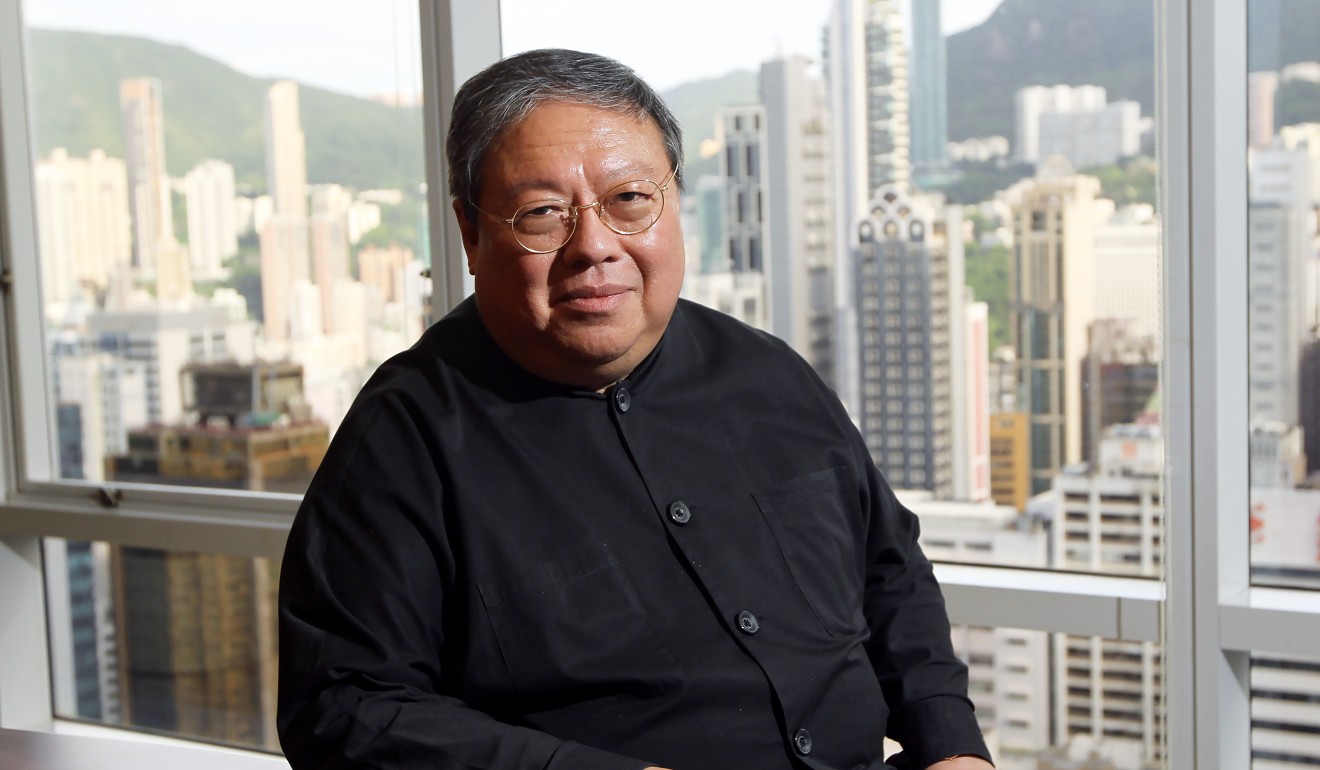
Chinese companies risk legal minefield with ‘poor awareness of offshore bribery laws’
Personal ties may be key to doing business in China but firms can run into trouble in other parts of the world, experts say
The arrest of a former Hong Kong official in New York for allegedly bribing African officials on behalf of a Chinese company highlights the lack of awareness of legal issues among Chinese investors overseas, lawyers said.
US officials said on Monday that they had arrested former Hong Kong home affairs secretary Patrick Ho Chi-ping and a former foreign minister of Senegal for allegedly offering huge bribes to senior officials in Chad and Uganda on behalf of a Chinese energy company.
Legal specialists said Chinese companies were putting themselves in danger by not having enough expertise to assess legal risks as they sought to expand their presence offshore, particularly as Beijing ramped up its “Belt and Road Initiative” to link China with the rest of Asia, Africa and Europe.
Personal ties were an important part of doing business in China but the cultivation of these connections in other countries could cross a legal red line, they said.
Xu Ping, a partner at law firm King & Wood Mallesons, said this lack of knowledge was a weakness for Chinese companies investing overseas.
“The laws vary from country to country. If one company does not understand the local law and rules, even if indirectly related such as in the United States, it risks crossing a red line,” Xu said.
Industry sources familiar with Chinese investment in Africa said global competition for markets had increased and Chinese companies had sometimes offered bribes to local government officials to win contracts.
Hong Kong-based law specialist Aziz Numan said bribery was a crime throughout the world.
“It maybe culturally acceptable but it’s not legal anywhere in the world, but what constitutes a bribe is the question,” he said. “Foreigners can easily fall into legal traps and it’s a universal problem, because the laws are not the same and the policies vary from country to country.”

Barrister Kacee Ting Wong, from the CA Legal Exchange Foundation, said Chinese companies ran into trouble in both developed and less-developed countries, with traditional Chinese methods of cultivating personal ties open to interpretation, depending on the part of the world.
“To avoid this kind of problem, Chinese companies should set up a high-standard compliance office or have appropriate legal advisers, and keep the company abreast of current developments in the target country’s legal matters,” Ting said.
US authorities said the charges against Ho and former Senegalese foreign minister Cheikh Gadio were based on their use of the US banking system to process almost a million US dollars in alleged pay-offs in the guise of donations.
The Chinese company was not identified in the announcement or the complaint filed in a New York court, but details in the complaint pointed to CEFC China Energy, a Shanghai-based rising star of China’s energy industry.
CEFC China Energy rejected the claims late on Tuesday, saying it did not have any commercial interests in Uganda.
The company said its financial investment in Chad involved the Taiwan state-owned energy company CPC Corporation, but was unrelated to the Chad government.
“We will continue to follow the developments of this situation and take any necessary measures to safeguard our legitimate legal rights and interest,” it said.
CEFC China Energy also funds the non-profit China Energy Fund Committee, of which Ho is secretary general. The committee denied on Tuesday night that it had authorised Ho to carry out the alleged business practices, saying it was “highly concerned” about the situation.
“The foundation strictly complies with the laws and regulations of various countries concerning non-governmental organisations and non-profit organisations,” it said. “It has no commercial interests in the businesses referenced in the relevant reports.”
The committee also said Ho’s lawyer was in contact with the US Department of Justice, and urged US authorities to “strictly follow” international laws during the investigation process.
Chinese foreign ministry spokesman Lu Kang said on Tuesday that the Chinese government had always required Chinese companies to abide by local rules overseas.
Christopher Balding, an associate professor at Peking University’s HSBC Business School in Shenzhen, said some business practices by Chinese companies were “frowned upon” elsewhere, especially in developed countries.
“If Chinese business wants to have a good image, this is something that needs to be addressed … I hear the same complaints about how Chinese businesses behave in China,” he said.
“It will become very difficult to sell, for instance, the quality of Chinese goods and [do] business if we continue to see these types of stories in the headlines.”


